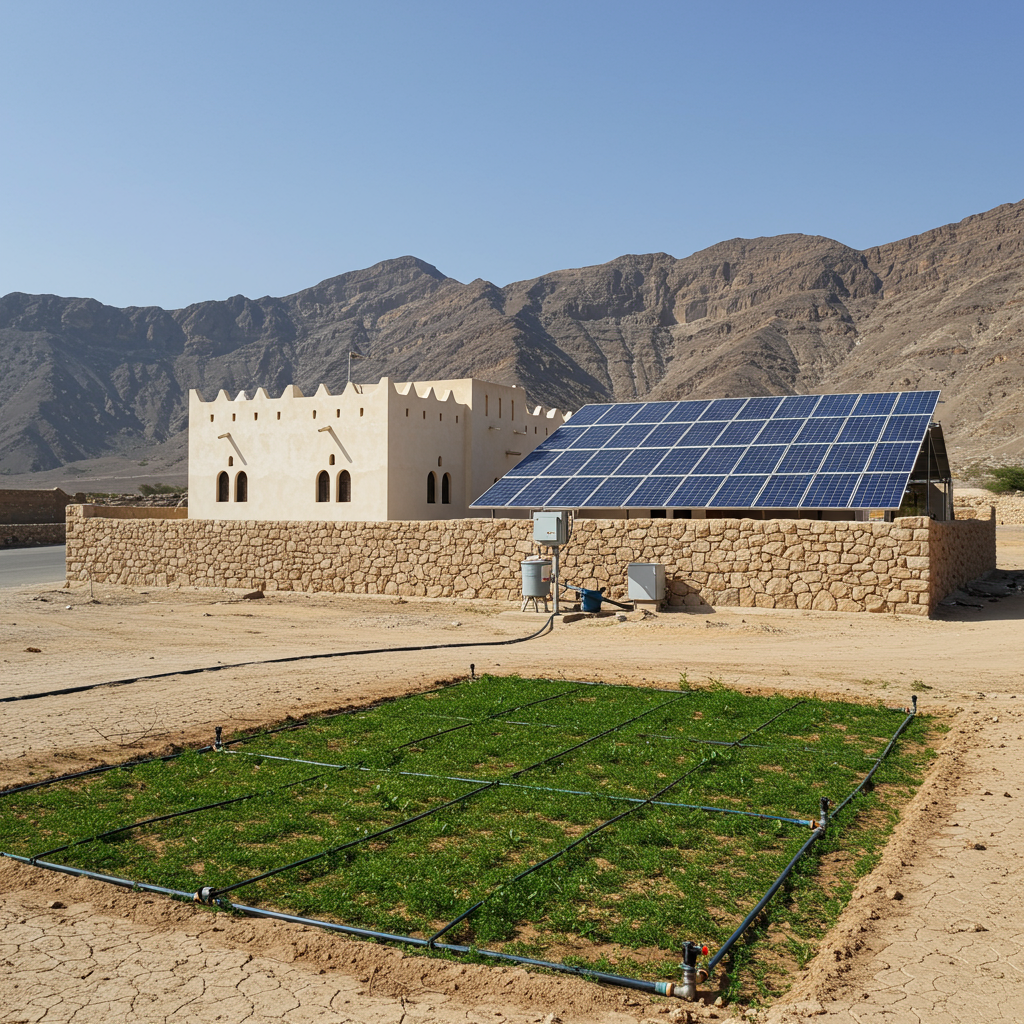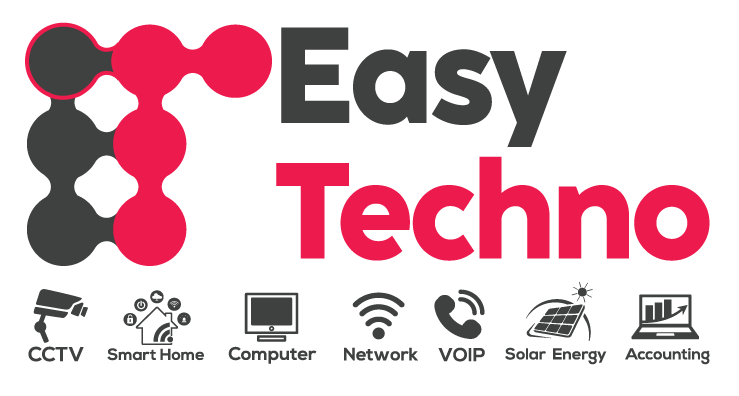Advantages of Solar Energy for Homes and Agriculture in Oman

Advantages of Solar Energy for Homes and Agriculture in Oman
Oman, a nation blessed with abundant sunshine for much of the year, faces a growing demand for energy, driven by population growth, industrial development, and agricultural expansion. Traditionally reliant on fossil fuels to meet these needs, the Sultanate is increasingly exploring sustainable alternatives. Among these, solar energy stands out as a powerful, clean, and readily available resource with immense potential for both residential and agricultural sectors. Harnessing the sun’s power offers numerous advantages, promising a brighter, more sustainable future for the country.
The Potential of Solar Energy in Oman
Oman’s geographical location in the ‘sun belt’ provides it with some of the highest solar irradiation levels globally. This natural endowment makes solar power generation particularly efficient and cost-effective compared to regions with less sunshine. Recognizing this potential, the Omani government has set ambitious targets for renewable energy integration into its national grid, aiming to diversify its energy mix and reduce its carbon footprint. This national push creates a favorable environment for the adoption of solar technology across various applications.
Advantages for Homes in Oman
For Omani households, adopting solar energy offers significant and tangible benefits:
1. Reduced Electricity Bills: One of the most compelling advantages is the potential for substantial savings on electricity bills. Oman experiences intense summer heat, leading to heavy reliance on air conditioning and consequently high energy consumption. Installing a rooftop solar system allows homeowners to generate their own electricity, offsetting consumption from the grid, particularly during peak demand hours. This can lead to dramatic reductions in monthly utility expenses, offering long-term financial relief.
2. Long-Term Cost Savings: While the initial investment in solar panels and installation might seem significant, the long-term savings on electricity bills far outweigh the upfront cost. Solar panels have a lifespan of 25 years or more and require minimal maintenance. Over their operational life, they generate free electricity, providing a predictable and stable energy source independent of fluctuating fuel prices.
3. Increased Property Value: Homes equipped with solar power systems are becoming increasingly attractive to potential buyers. A solar installation is viewed as a valuable asset that reduces future energy costs and reflects a commitment to sustainability, thereby increasing the overall market value of the property.
4. Energy Independence and Security: Generating electricity on-site reduces reliance on the central grid, offering a degree of energy independence. In the event of power outages, systems with battery storage can provide backup power, ensuring essential appliances remain operational.
5. Environmental Benefits: By using solar energy, homeowners directly contribute to reducing greenhouse gas emissions and air pollution associated with fossil fuel power generation. This aligns with global efforts to combat climate change and helps preserve Oman’s natural environment.
6. Alignment with National Vision: Adopting solar energy aligns with Oman’s Vision 2040, which emphasizes economic diversification, sustainability, and environmental preservation. Homeowners contributing to solar adoption play a part in achieving national goals.
Many reputable companies offer solar energy solutions tailored for residential needs, making the transition to solar power increasingly accessible for Omani families.
Advantages for Agriculture in Oman
Agriculture is a vital sector in Oman, facing challenges related to water scarcity and energy costs, particularly for irrigation. Solar energy presents transformative opportunities for Omani farmers:
1. Powering Irrigation Systems: Water pumping for irrigation is often the largest energy consumer in agriculture. Traditionally, this has relied on expensive and polluting diesel generators or grid electricity. Solar-powered water pumps offer a clean, reliable, and significantly cheaper alternative. They operate during daylight hours when irrigation is often needed, directly utilizing solar energy without the need for batteries in many cases. This reduces operational costs and eliminates fuel transportation and storage issues.
2. Enabling Farming in Remote Areas: Many potentially arable lands in Oman are located far from the national electricity grid. Solar power makes it possible to irrigate these areas, enabling agricultural activities in previously uneconomical locations. This expands the land available for farming and contributes to food security.
3. Reduced Operational Costs: Beyond irrigation, solar energy can power various farm operations, including lighting, ventilation in greenhouses, cooling for storage facilities, and small processing units. Replacing grid electricity or diesel with solar power significantly reduces recurring energy expenses, improving farmers’ profitability and sustainability.
4. Improved Water Management: Solar pump systems can be integrated with smart irrigation technologies powered by solar, allowing for more efficient water usage based on real-time needs and weather conditions. This is crucial in a water-scarce region like Oman.
5. Environmental Sustainability: Shifting from diesel generators to solar power in agriculture drastically reduces greenhouse gas emissions and localized air pollution, contributing to healthier soil and air quality. This supports sustainable farming practices and aligns with global environmental standards.
6. Contribution to Food Security: By lowering costs and enabling farming in more areas, solar energy helps boost local food production, reducing reliance on imports and enhancing Oman’s food security.
The integration of renewable energy technology like solar into agricultural practices is not just an environmental choice but a sound economic decision for Omani farmers, offering resilience against energy price volatility.
Challenges and the Path Forward
While the advantages are numerous, challenges remain. The initial investment cost for solar installations can be a barrier for some households and small-scale farmers. However, the Omani government and various financial institutions are introducing incentives, subsidies, and financing options to make solar more accessible. The development of local expertise for installation and maintenance is also crucial for scaling up adoption. As the market matures and technology advances, costs are expected to continue decreasing.
Furthermore, integrating large amounts of variable solar power into the national grid requires investment in grid infrastructure, energy storage solutions, and advanced energy management systems to ensure stability and reliability. For agriculture, developing tailored energy efficiency solutions alongside solar power can maximize the benefits.
Conclusion
Solar energy offers a compelling and advantageous path forward for both homes and agriculture in Oman. For households, it provides a way to significantly reduce energy bills, increase property value, and contribute to a cleaner environment. For the agricultural sector, it offers transformative benefits by enabling cost-effective irrigation, opening up new farming areas, and reducing operational expenses, all while enhancing sustainability and food security. With abundant sunshine and a supportive national vision, Oman is well-positioned to harness the full potential of solar energy, paving the way for a prosperous, sustainable, and energy-independent future.
